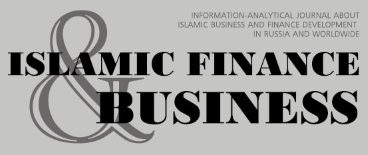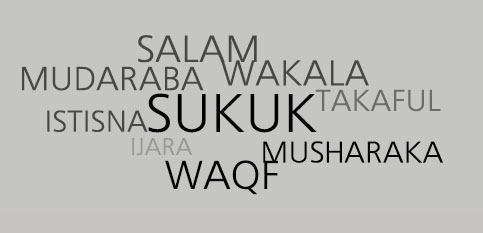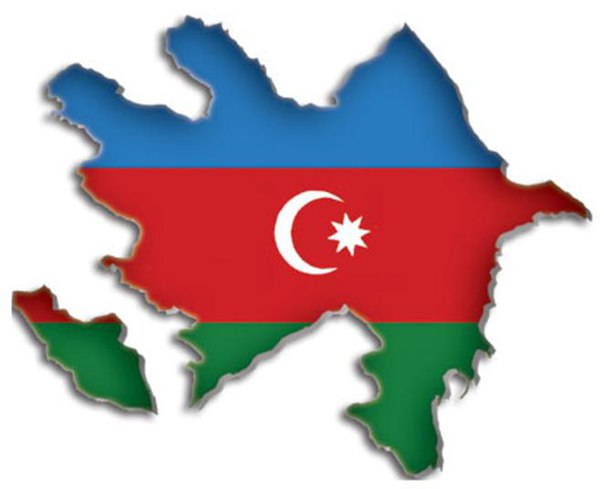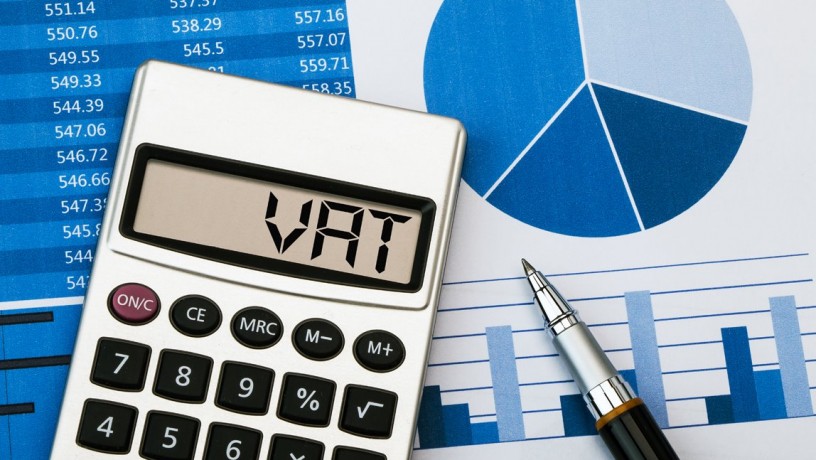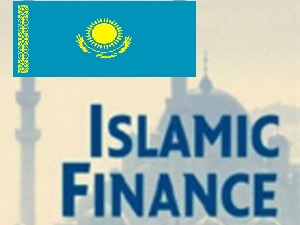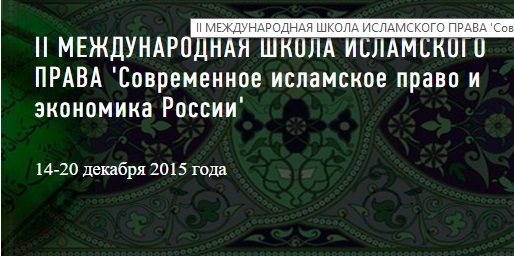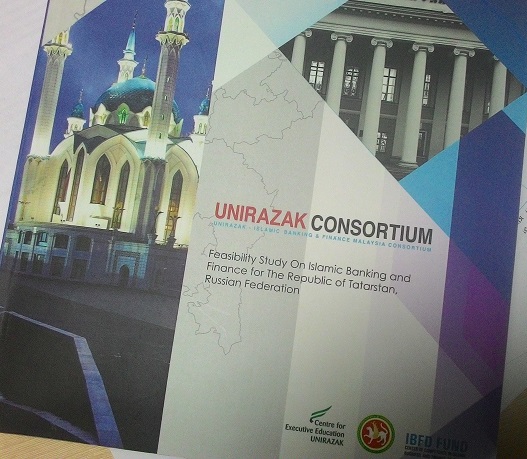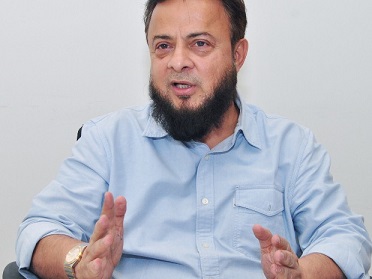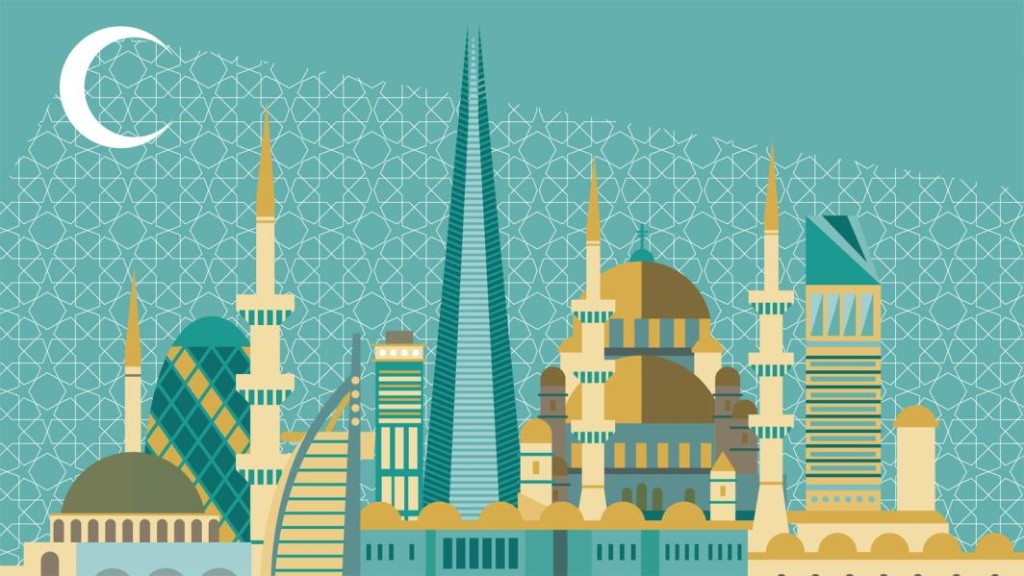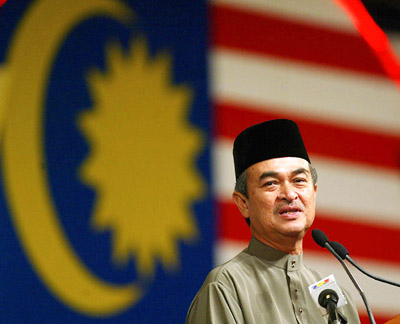Azerbaijan could see the launch of its first standalone Islamic bank as early as next year as the government makes progress to introduce legislation to facilitate interest-free finance, an advisor to the new venture told Reuters.
Azerbaijan could see the launch of its first standalone Islamic bank as early as next year as the government makes progress to introduce legislation to facilitate interest-free finance, an advisor to the new venture told Reuters.
The move could reverse the fortunes of Islamic finance in the former Soviet state after the International Bank of Azerbaijan (IBA), the country's largest lender, closed its Islamic banking department in October.
Azerbaijan, alongside Kazakhstan and Tajikistan, are among several central Asian countries creating a more welcoming framework for sharia-compliant banking with the help of the Jeddah-based Islamic Development Bank.
A working group of cabinet minsters and the IDB is making progress on the legislation, which would allow the proposed Islamic bank to launch next year, said Behnam Gurbanzada, chief executive of Islamic finance consultancy BEST Solutions.
«They are working on legislation together with the Islamic Developemnt Bank and they are keen to develop this process, this banking model», said Gurbanzada, a member of a regional Islamic banking advisory council.
«The bank's name will be announced in two months, it will be a new Islamic bank in the market».
Islamic finance transactions have been developed in the country, such as lease-based financing for SMEs, although specific rules could broaden the types of products while making them easier and cheaper to design.
The market downturn has also increased demand from corporate clients for alternative financing sources, Gurbanzada said on the sidelines of an industry conference in Dubai.
«Today the market needs long-term financing, it should be based on investments and partnerships rather than just loans and credit».
The new Islamic bank would use a branchless model, aiming to reach a wide client base in Azerbaijan, where an estimated 93 percent of the 9 million people are Muslim.
 Contacts |
Contacts |
 Русский
Русский

